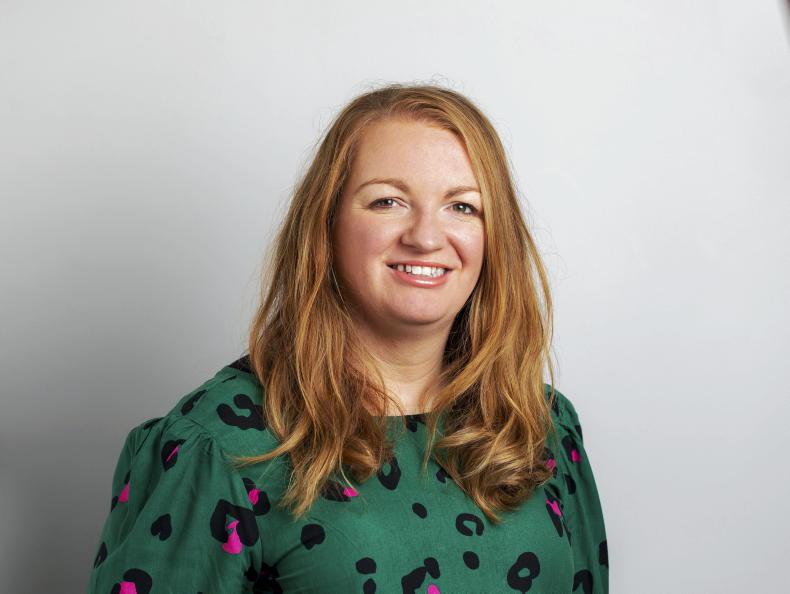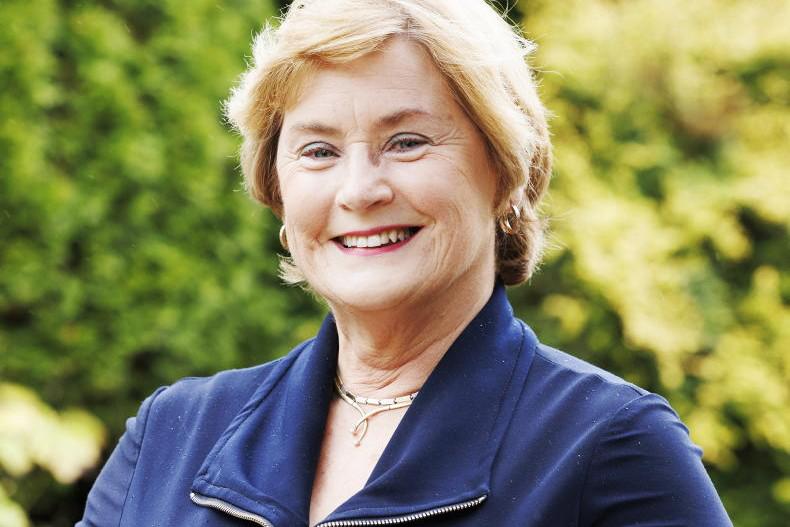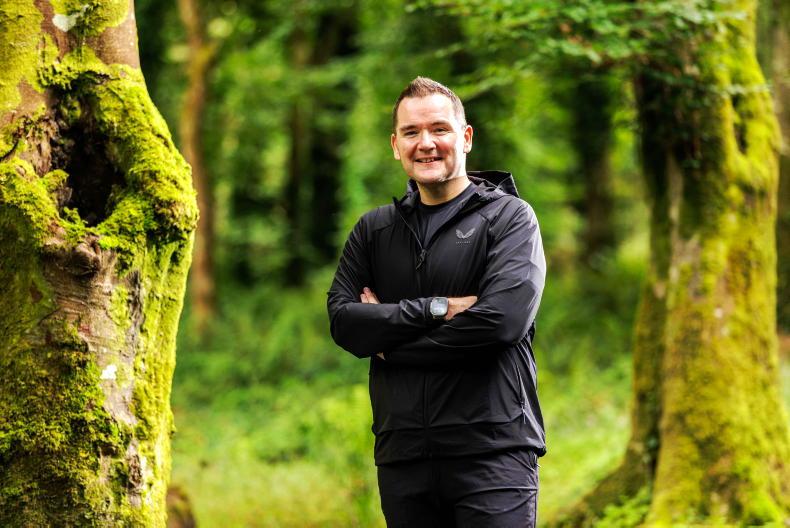As a dairy farmer, when you watch a programme like Monday night’s RTÉ Investigates (Milking It: Dairy’s Dirty Secret), you immediately feel the need to defend yourself and your family’s work. You can’t not have an emotional reaction.
I saw it all over social media – farmers showing pictures of themselves with their calves as they feed and care for them; making statements about their farming methods and how they would never support inhumane treatment of their animals. We just sent our last batch of calves to grass for the summer, to their delight. We also just butchered a Friesian bull who was born in 2021 with a minor birth defect. We decided to raise him for ourselves. The beef that some might consider “worthless” will feed our family for an entire year.
The thing is, while you want to defend yourself, it’s hard to defend the indefensible. And me taking a defensive line helps no one and does nothing to better the situation. Every animal welfare breach starts with a farm like mine and yours. And with every highlighted breach of rules or documented infringements, there are more children of farmers saying, “Everyone hates us; I want nothing to do with this.”
For any kind of mass global food production, there is an environmental and social cost. Food production is, by its nature and even in its least intensive forms, exploitative. But if we aim to solve the many climatic and societal problems we are currently facing, in Ireland and the world, farming and food production needs to be part of the solution.
Farmers can’t be in denial about the serious issues within our industry and we need support to make meaningful change, because no one can afford to lose incoming generations of farmers – with climate change wreaking havoc on crops and farms throughout the world, it is more important than ever to focus our energy on creating sustainable food systems.
Speaking with International Fund for Agricultural Development (IFAD) president Alvaro Lario, it became apparent to me just how important investing in sustainable agriculture is. When it comes to providing meaningful aid to those living in poorer countries, agricultural investment is often the best way forward because it doesn’t just provide rural dwellers with food security; it provides food sovereignty – choices and options.
This means farmers can choose to stay home on the farm, or move to the city. It means they can choose what to grow or which animals to raise. They might have more options for their dinner each evening, or they might have the option to send their children to school full time and hire other members of the community to work on the farm. The argument, when animal welfare breaches are called out, is often to change our diets. But we should remember that being able to change our diet is a sign of our relative wealth, privilege and food security. It is a sign of the inequalities always present in a capitalist system – we have the choices; the options – others do not.
In Ireland, whether we like it or not, we all benefit from the current system - in many ways. There are deeper changes which need to be made, at societal, political and economic levels, in order for us to address the issues within our industry completely. It was really hard to watch Monday’s RTÉ Investigates, but investigations like these – if they lead to meaningful change in the right direction – are ultimately good for us and for the future
of farming.
Read more
Editorial: trust in media bodies is connected to trust in democracy
Editorial: what does advocacy mean to you?
As a dairy farmer, when you watch a programme like Monday night’s RTÉ Investigates (Milking It: Dairy’s Dirty Secret), you immediately feel the need to defend yourself and your family’s work. You can’t not have an emotional reaction.
I saw it all over social media – farmers showing pictures of themselves with their calves as they feed and care for them; making statements about their farming methods and how they would never support inhumane treatment of their animals. We just sent our last batch of calves to grass for the summer, to their delight. We also just butchered a Friesian bull who was born in 2021 with a minor birth defect. We decided to raise him for ourselves. The beef that some might consider “worthless” will feed our family for an entire year.
The thing is, while you want to defend yourself, it’s hard to defend the indefensible. And me taking a defensive line helps no one and does nothing to better the situation. Every animal welfare breach starts with a farm like mine and yours. And with every highlighted breach of rules or documented infringements, there are more children of farmers saying, “Everyone hates us; I want nothing to do with this.”
For any kind of mass global food production, there is an environmental and social cost. Food production is, by its nature and even in its least intensive forms, exploitative. But if we aim to solve the many climatic and societal problems we are currently facing, in Ireland and the world, farming and food production needs to be part of the solution.
Farmers can’t be in denial about the serious issues within our industry and we need support to make meaningful change, because no one can afford to lose incoming generations of farmers – with climate change wreaking havoc on crops and farms throughout the world, it is more important than ever to focus our energy on creating sustainable food systems.
Speaking with International Fund for Agricultural Development (IFAD) president Alvaro Lario, it became apparent to me just how important investing in sustainable agriculture is. When it comes to providing meaningful aid to those living in poorer countries, agricultural investment is often the best way forward because it doesn’t just provide rural dwellers with food security; it provides food sovereignty – choices and options.
This means farmers can choose to stay home on the farm, or move to the city. It means they can choose what to grow or which animals to raise. They might have more options for their dinner each evening, or they might have the option to send their children to school full time and hire other members of the community to work on the farm. The argument, when animal welfare breaches are called out, is often to change our diets. But we should remember that being able to change our diet is a sign of our relative wealth, privilege and food security. It is a sign of the inequalities always present in a capitalist system – we have the choices; the options – others do not.
In Ireland, whether we like it or not, we all benefit from the current system - in many ways. There are deeper changes which need to be made, at societal, political and economic levels, in order for us to address the issues within our industry completely. It was really hard to watch Monday’s RTÉ Investigates, but investigations like these – if they lead to meaningful change in the right direction – are ultimately good for us and for the future
of farming.
Read more
Editorial: trust in media bodies is connected to trust in democracy
Editorial: what does advocacy mean to you?









SHARING OPTIONS